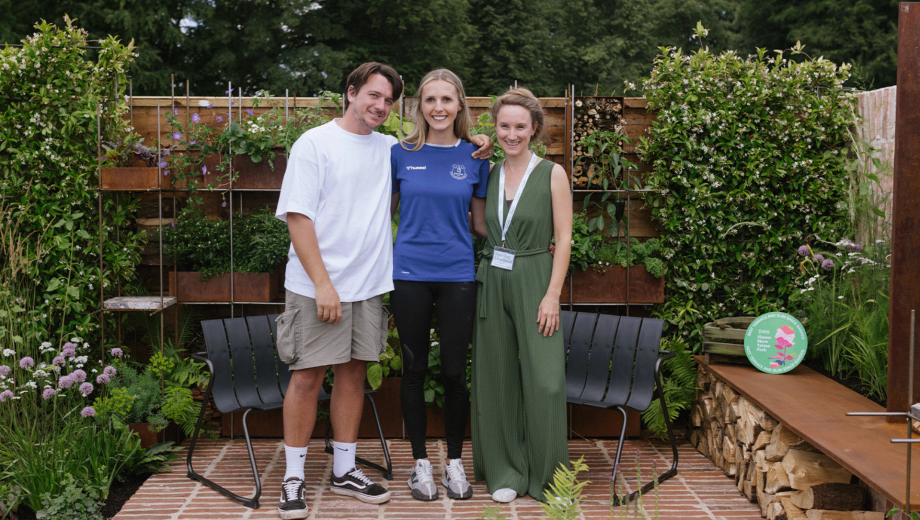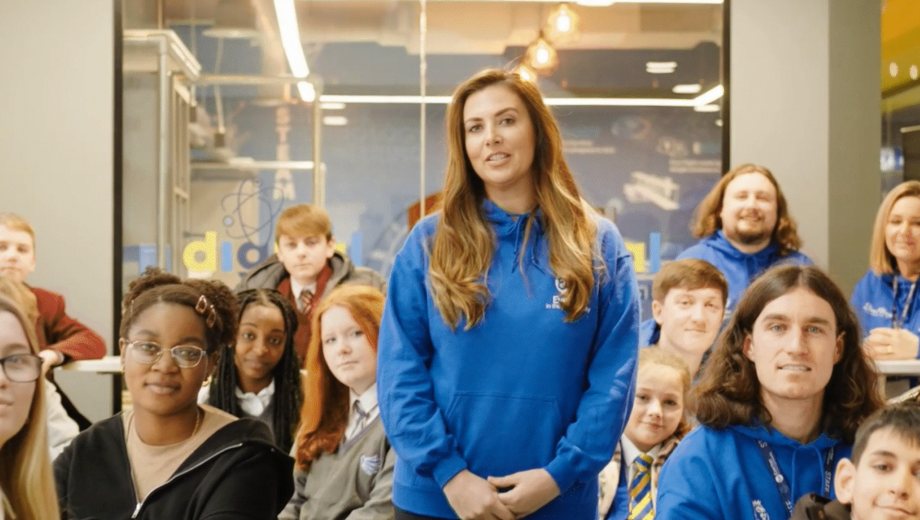Shaping alternative education through sport
Is there now an opportunity to use sport to shape the provision of alternative education in the UK?
From the Commonwealth, to the United Nations to more local national governments there is a growing awareness of and pressure for sport to deliver broader social outcomes. The advent of a mandate within the new 2030 UN Sustainable Development Goals provides the opportunity to advance not so much sport for sport goals but sport for broader social goals and outcomes.
Based upon the premise that sport can engage, motivate and inspire not just those on the margins, the rise of sport-plus programmes has created a burgeoning sport-for-development sector. An expanding international community exists comprised of NGOs, private enterprise and policymakers driven by the role sport can play in social change. This particular piece of research focuses upon on how community football can help with educational attainment.
Sport for Change
Sport-for-change projects are often a response to declining social and economic conditions. Neoliberalism has seen a gradual decline in the state provision of services. Education and social welfare have witnessed a reduction in state funding with the consequence being that all alternatives need to be considered. A traditional one-size-fits-all approach to education is no longer accepted as the only way.
As sport is increasingly being used for social good, there begins to be opportunities for sport to play a more significant role in education. Sport-for-change organisations praise the characteristics of sport such as cooperation, respect and discipline. These characteristics can be influential in areas of lower social capital and where expanding educational opportunity and attainment is viewed as a Scottish Government priority.
A sport-based alternative model of using popular aspects of sport to deliver educational outcomes has proven to be successful in many international contexts. The value of such models is in the engagement strategies of educators and programme managers. The non-conformity of alternative education is important in engagement. Building trust and confidence to build sustained educational support necessitates the building of caring relationships that work for people.
A concrete example: The Everton Free School in Liverpool
In England, Government funded, but privately operated, academies have been established. In Liverpool, The Everton Free School opened in 2012. This was a social responsibility programme delivered by Everton Football Club. The initial project was aimed at engaging the most vulnerable and disengaged young people within the community. There was a strong focus on working towards physical education and other sport-based qualifications. The school helps students advance academic qualifications in maths, English and science. The academy is next to the club stadium, the uniform is Everton FC tracksuits and staff embrace the informal education ideology. Sport is engrained in everything they do at the school.
Article taken from sportanddev.org.




